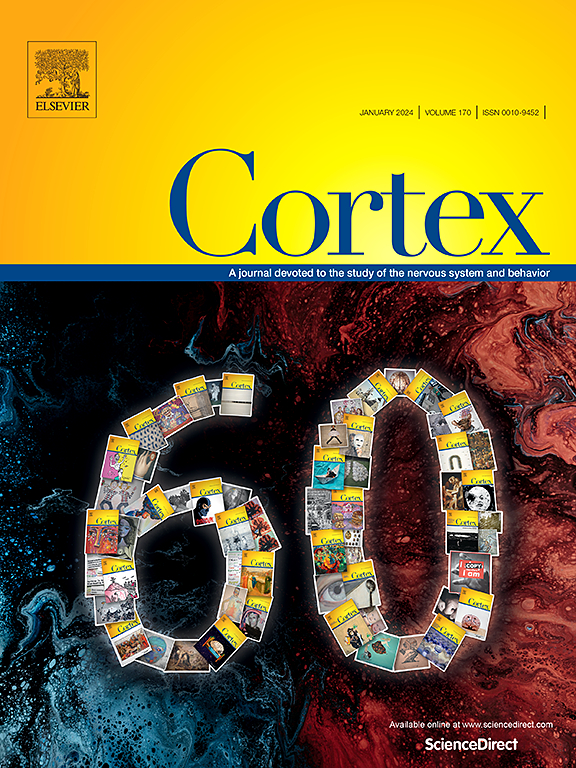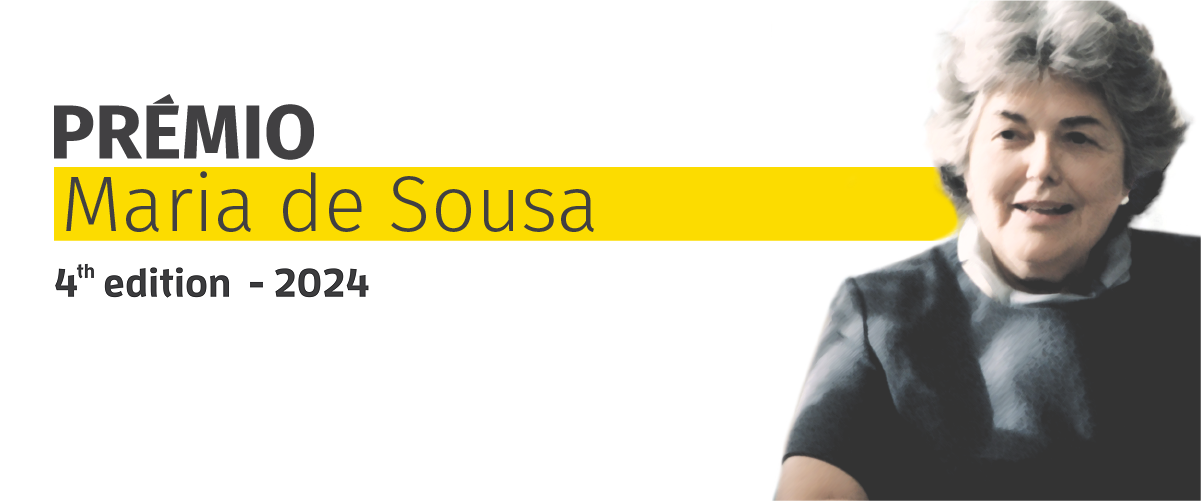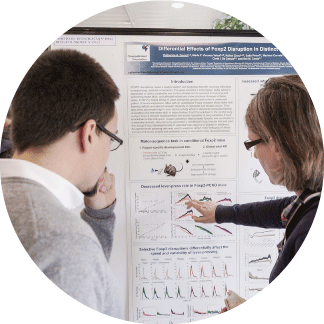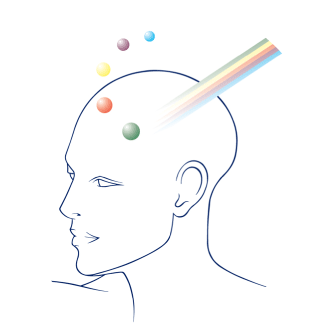News
Top Stories

Dream and daydream: differences and similarities
Did you know that daydreams reflect events from the previous two days and “night” dreams resemble a fictional plot?

Does your dog have social skills?
A study suggests that viewing the owner’s face works as a positive social reinforcement for dogs. Learn more about this and other surprising results about “man’s best friend”.
News

How do blind individuals perceive emotional authenticity?
In the scope of the research project 148/18 - Voice perception in the visually deprived brain: Behavioral and electrophysiological insights, supported by the BIAL Foundation, the research team, led by Tatiana Conde, aimed to explore how blind individuals perceive emotional authenticity. Combining behavioural and ERP measures it was investigated authenticity perception in laughter and crying in individuals early-blind (n = 17) late-blind (n = 17), and sighted control participants (n = 51). Behaviourally, early-blind and sighted participants performed similarly well in emotional authenticity perception, but the late-blind group performed worse than sighted controls. In brain responses, all groups were sensitive to laughter authenticity at the P2 stage, and to crying authenticity at the early LPP stage. Nevertheless, only early-blind participants were sensitive to crying authenticity at the N1 and middle LPP stages, and to laughter authenticity at the early LPP stage. Furthermore, early-blind and sighted participants were more sensitive than late-blind ones to crying authenticity at the P2 and late LPP stages. Altogether, these findings suggest that prolonged visual deprivation with late-onset impairs the processing of emotional authenticity. For more information read the paper Blindness influences emotional authenticity perception in voices: Behavioral and ERP evidence published in the journal Cortex.

Maria de Sousa Award 2024: applications are open
Applications are now open for the Maria de Sousa Award 4th edition - 2024, promoted by the Portuguese Medical Association and the BIAL Foundation.

Nuno Grande Doctoral Scholarship 2023: applications are open
Applications are now open for the Nuno Grande Doctoral Scholarship 2023, worth €25,000. Candidates must, at the time of application submission, be enrolled in the Doctoral Program in Medical Sciences at the Abel Salazar Institute of Biomedical Sciences (ICBAS). The applications are open until January 19, 2024.





